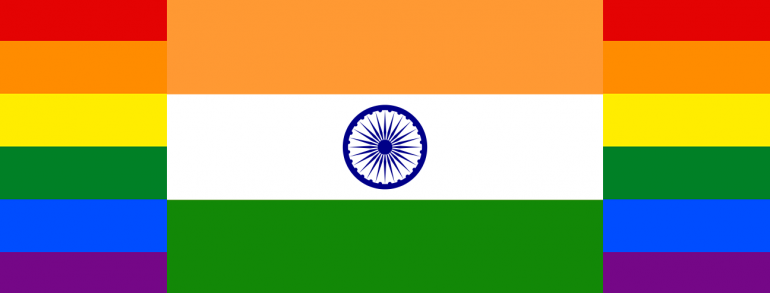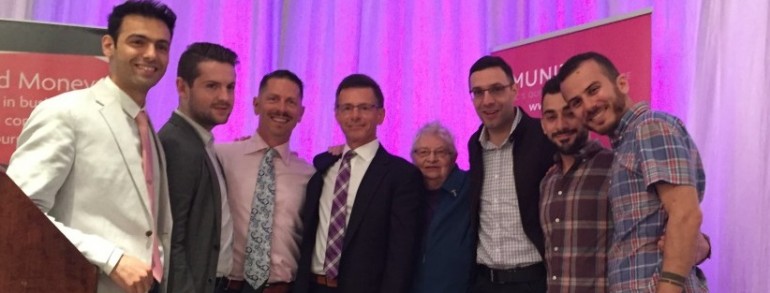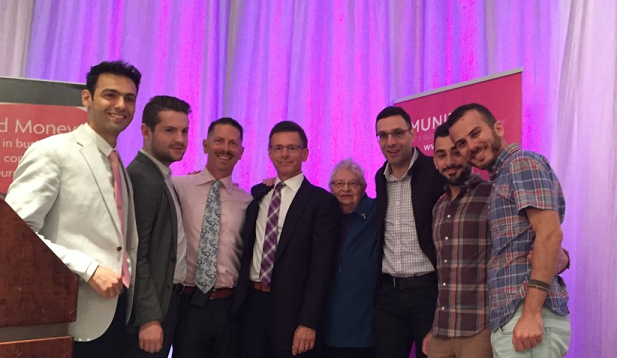Foundation of Hope held its first annual general meeting on July 22, 2015. We officially adopted our bylaws, appointed an Executive and Board of Directors, and established a set of standing committees for the coming years – these are the hallmark of sound governance.
Standing committees are the pillars of FOH’s success. They comprise members of the working Board of Directors as a volunteer organization and extend to include the generous volunteer community that has taken membership with the Foundation. This level of administrative support is just as important as financial contributions from generous donors and FOH is grateful for the level of individual and corporate contributions made to date. Success is enabled by effective fundraising efforts, strong levels of community engagement, and continual grant funding to eligible non-profit and non-governmental organizations doing the legwork on the ground.
Foundation of Hope’s efforts are ultimately intended to help individual LGBT+ refugees and asylum seekers, both as newcomers to Canada and across the world, in order to successfully accomplish its mission.
I can’t believe is already September! In the time since STRUT, our flagship fundraiser, we are thrilled to report that we are growing up fast as an organization and getting geared up for giving. And ’tis the season indeed, considering the looming refugee crises across the world, foremost of which has been escalating in Syria following the onset of the civil war and ensuing political turmoil in the Middle East.
The Syrian war was the initiate for FOH. Several of us were part of the original constituency group that sponsored two Syrian gay men to come to Canada. The Foundation emerged from that original Circle of Hope and through fundraising efforts and an online granting program, FOH has recently been formally approached to financially contribute to a growing movement known as Lifeline Syria. Sponsorship of LGBT+ refugees and asylum seekers is one of two streams of funding that FOH offers.
Community services is the other stream of FOH grant funding. Foundation of Hope has been approached to assist with counselling services intended to help LBGT+ newcomers overcome emotional and psychological barriers associated with migration from their countries of origin. These are countries that denounce the right to freely express alternative forms of gender and sexual identity.
Moving forward, Foundation of Hope is actively accepting applications from eligible applicant organizations and is continually seeking individuals and organizations that are interested in contributing through volunteers efforts and as donors.
Contact Foundation of Hope today and consider becoming a member, either as a volunteer or through generous contributions. Or better yet both!







